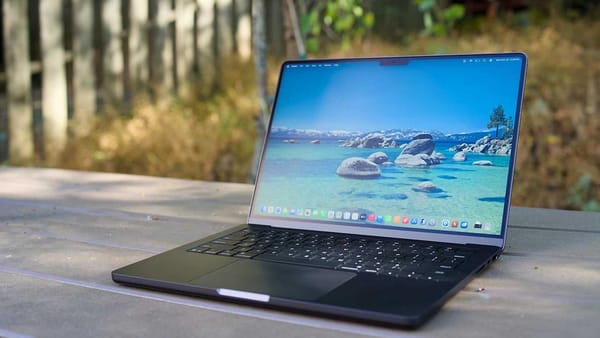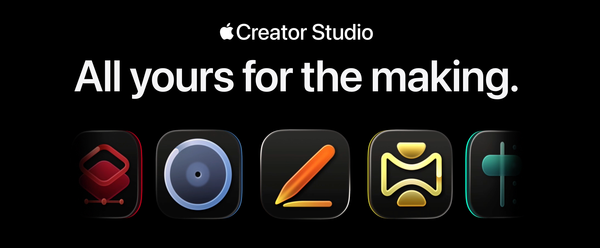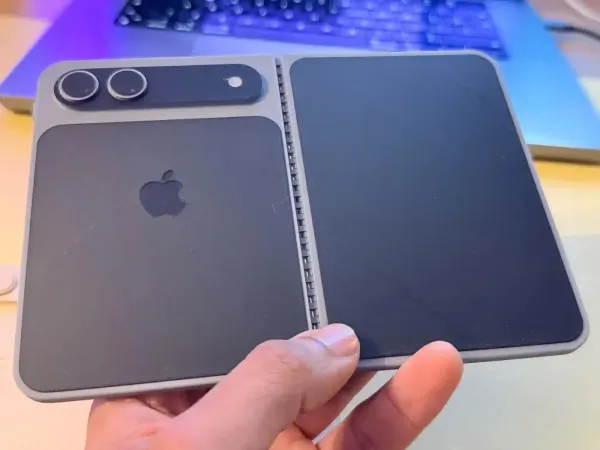Android XR: What, when and why?
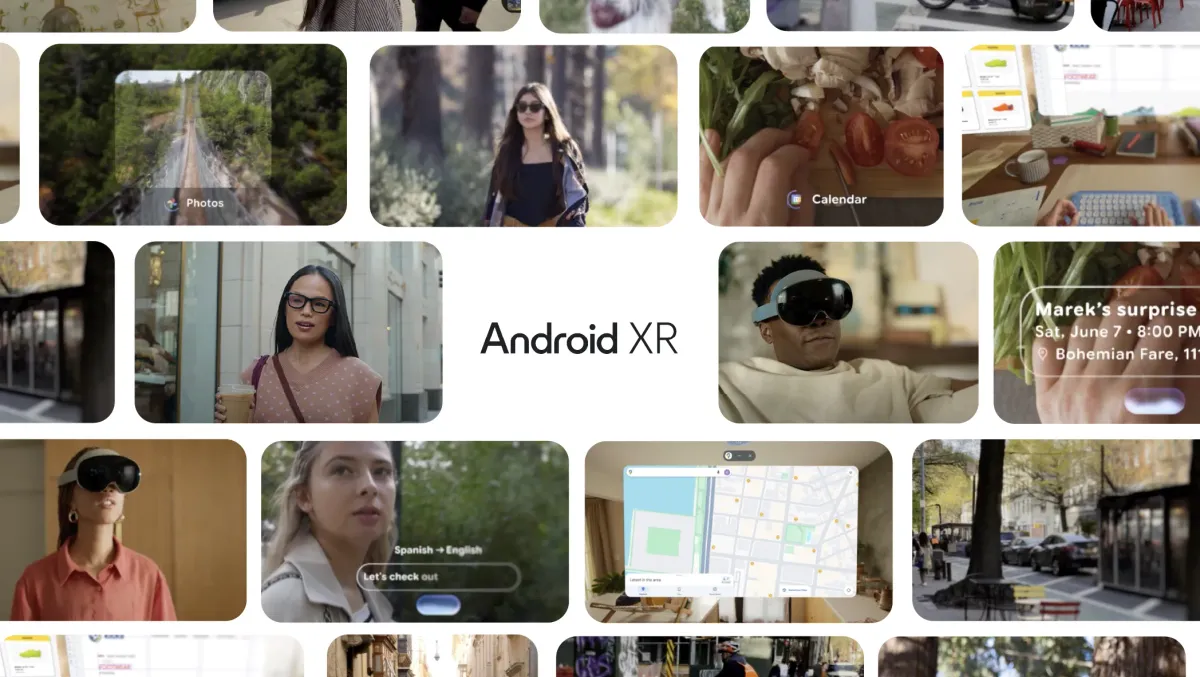
This is Google's second attempt at an AR experience.
As most of us have heard for the past two plus years, VR is taking the world by storm. VR stands for “virtual reality”, and it is exactly what it says on the tin: it is a virtual, digital reality which people can connect to through a headset that can go over their eyes. AR is an extension of that: “augmented reality”. It places the digital world inside of the physical one. Something like Apple’s Vision Pro is mostly an AR device, blending the digital world with the physical world. Now that Google has announced Android XR, extended reality, I find myself asking the questions: What is it with “digital reality” and why is it so important?
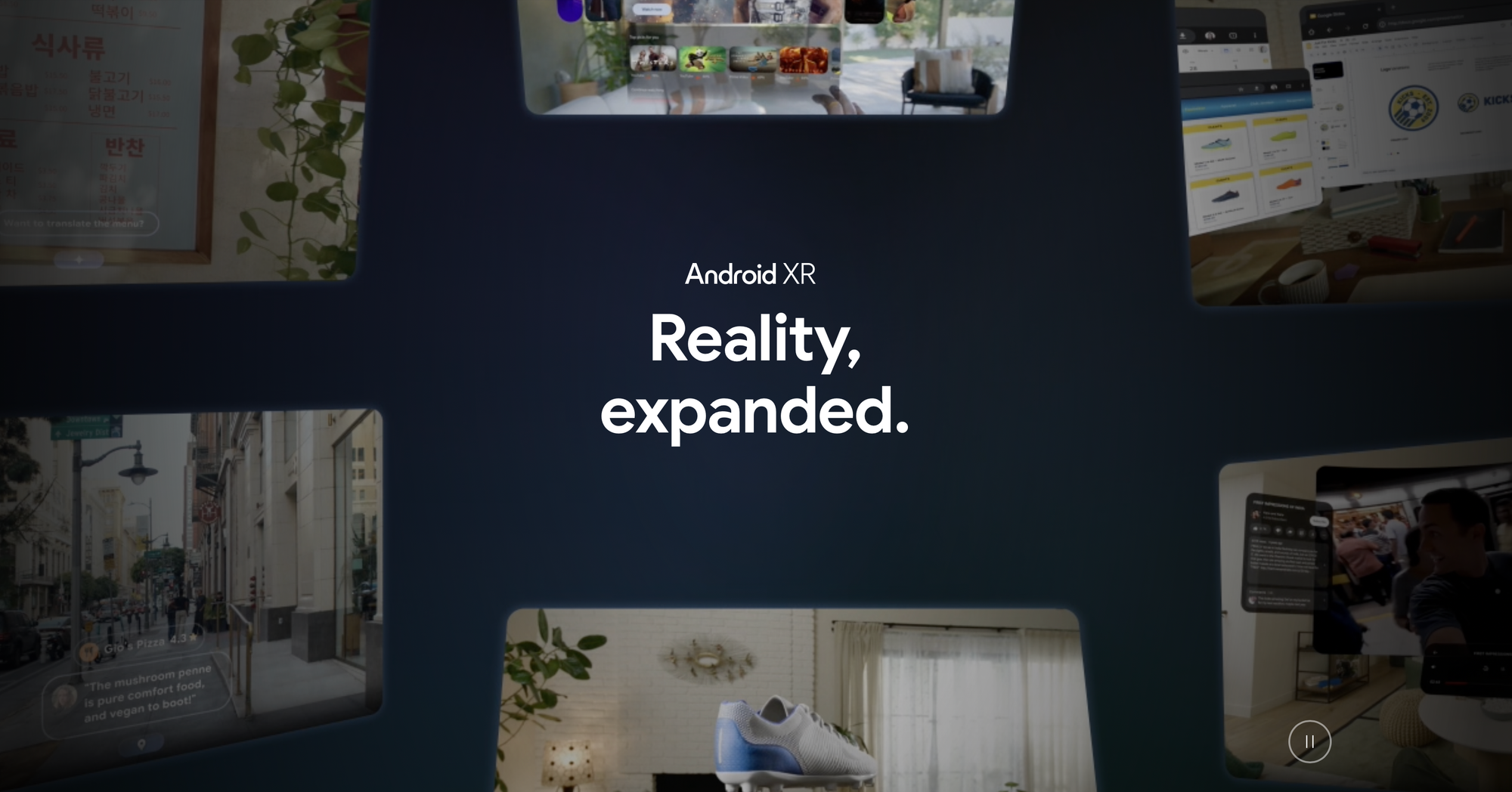
According to Google, Android XR is “an AI-powered operating system” that “brings together digital information and the real world to help you watch, work, and explore.” Basically, it is a version of Android optimized for headsets and glasses like the Meta Quest 3 or the Apple Vision Pro1 that combines Gemini AI with the real world.
The way that Gemini works into all of this is that it is basically an even more in-depth assistant that can work alongside you in the headset. It seems that Gemini’s presence is more in-depth than Apple Intelligence and Siri is in Apple Vision Pro, since the new advanced Siri has not come out on any Apple devices yet, including Vision Pro.
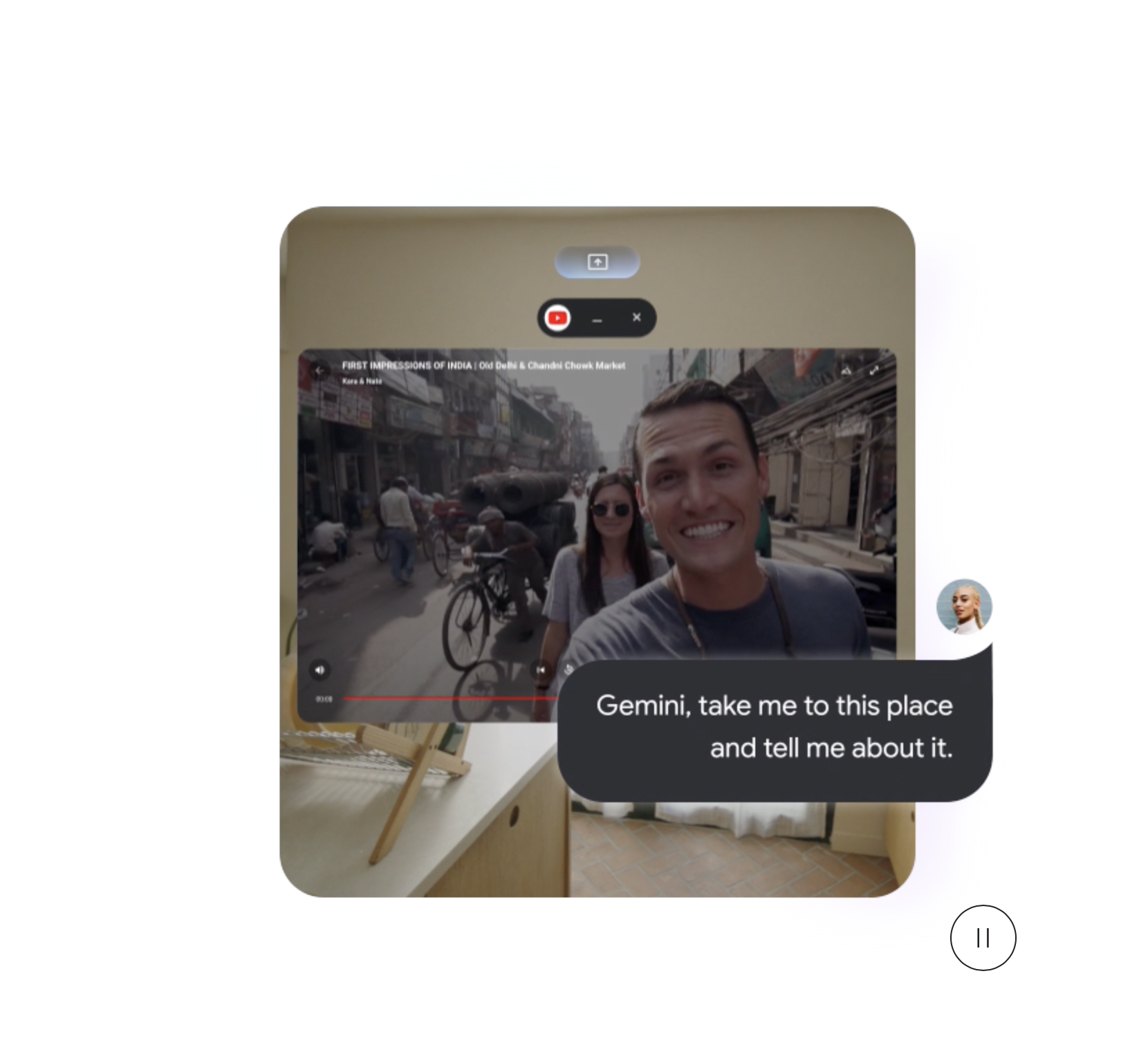
Google showed off how Gemini can understand what is in front of you and can take deep requests. These requests are probably possible currently on Gemini, but this makes it more cohesive to fly through the operating system and get things done easier. I’m still a little skeptical about letting AI control my work and how I do it, but it is interesting nonetheless.
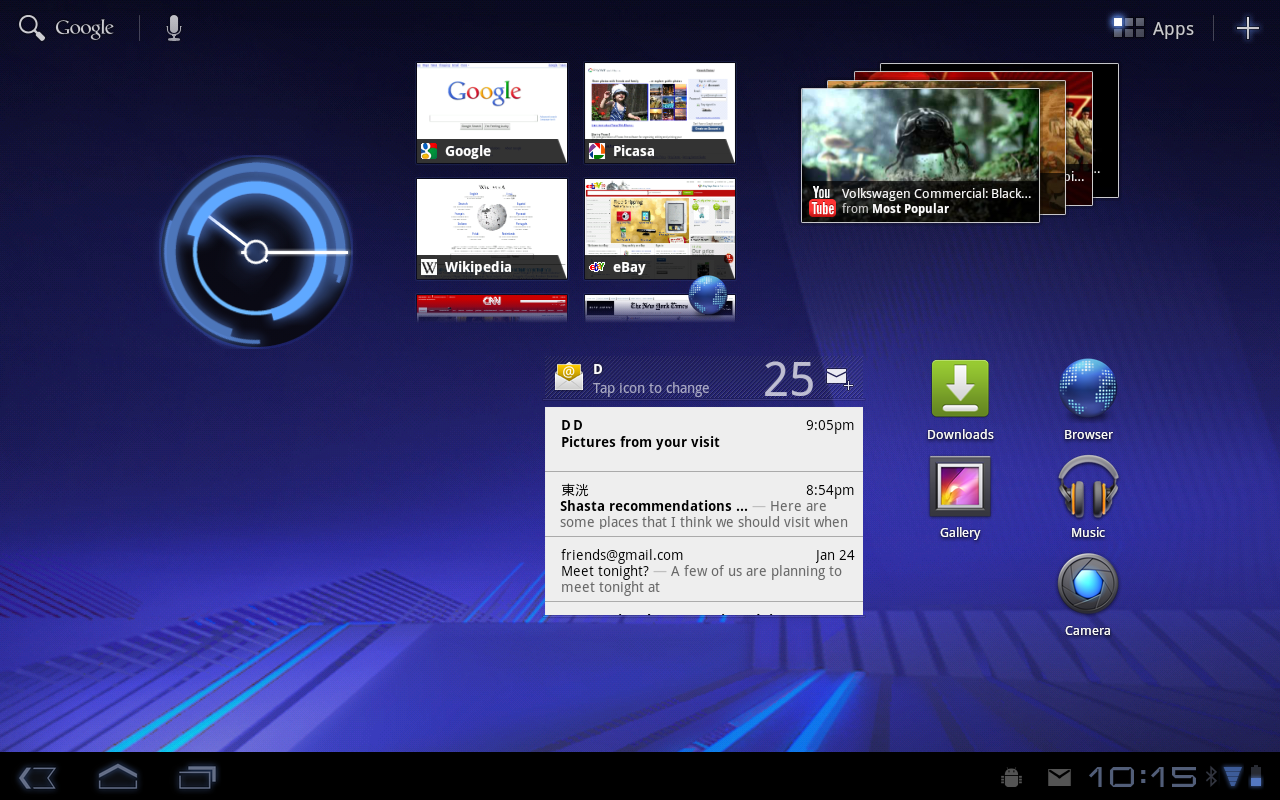
The one thing that Google is banking on with this release is that developers will write apps optimized for this new XR future. The worry that I see ahead is the same thing that happened with Google’s tablets with Android 3.0 Honeycomb. As Jonathan Horst from Mac Address detailed in his video asking the question if iPads had any competition at the time, “the hope was that developers would write tablet apps like they were doing for iOS, but they didn't, so what we ended up getting is just very wide phone apps.”
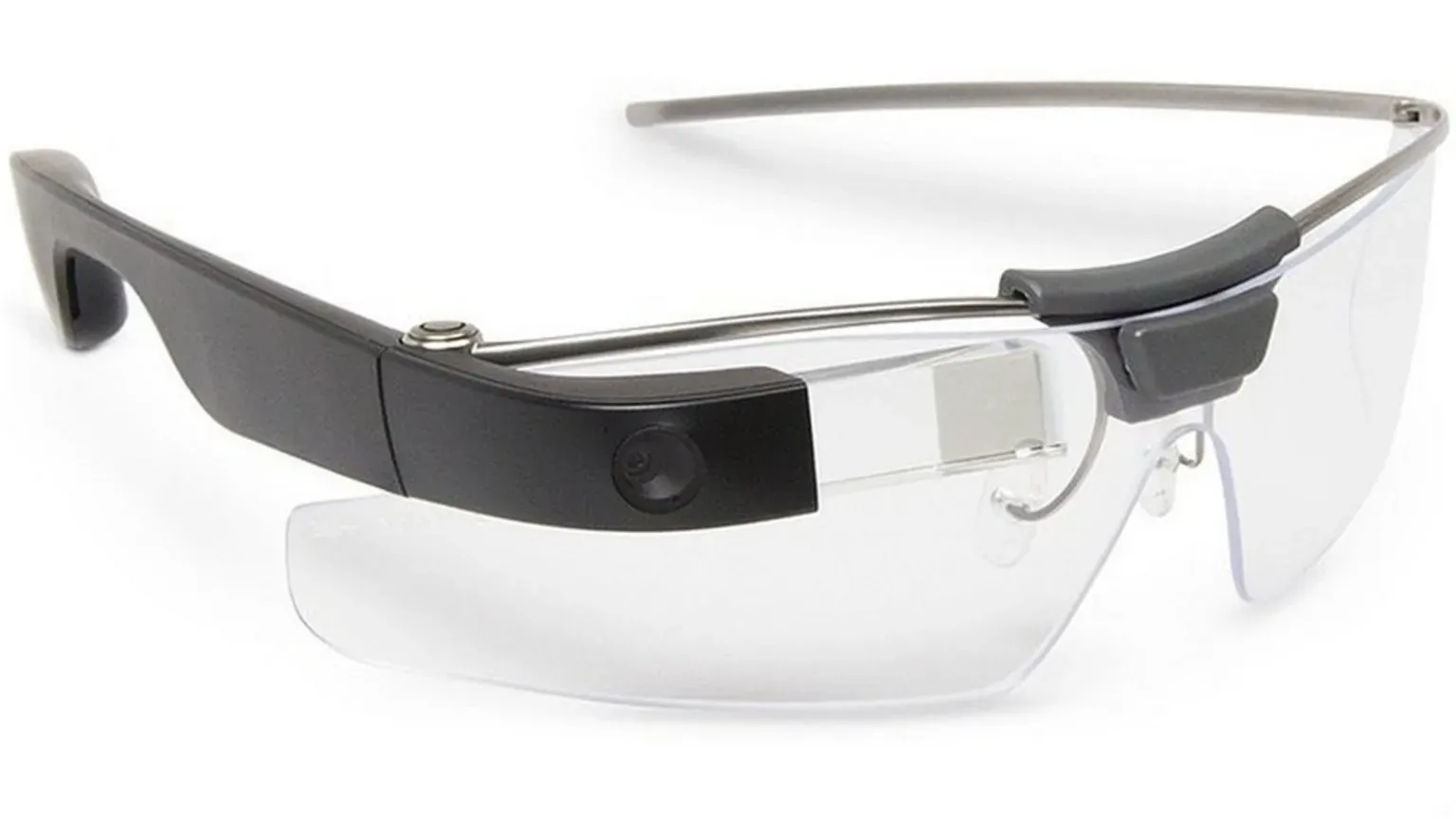
Plus, they have a history with AR devices failing, with Google Glass. InspireIP lists many of Google Glass’ shortcomings, and among them, they explain how “the apps were great demos but limited in scope,” which is similar to what happened with Android 3 Honeycomb.
Despite this, I think that it won’t fail nearly as badly as their other projects have. Android has grown a lot since the release of both Google Glass and Android 3.0 Honeycomb. The app scene has grown tremendously, with more apps than ever before. Plus, Android is on many times more devices. You can find it in your tablet, on your TV, and even in your fridge. There are many more reasons for developers to focus their efforts on reworking their apps to work in this new environment.
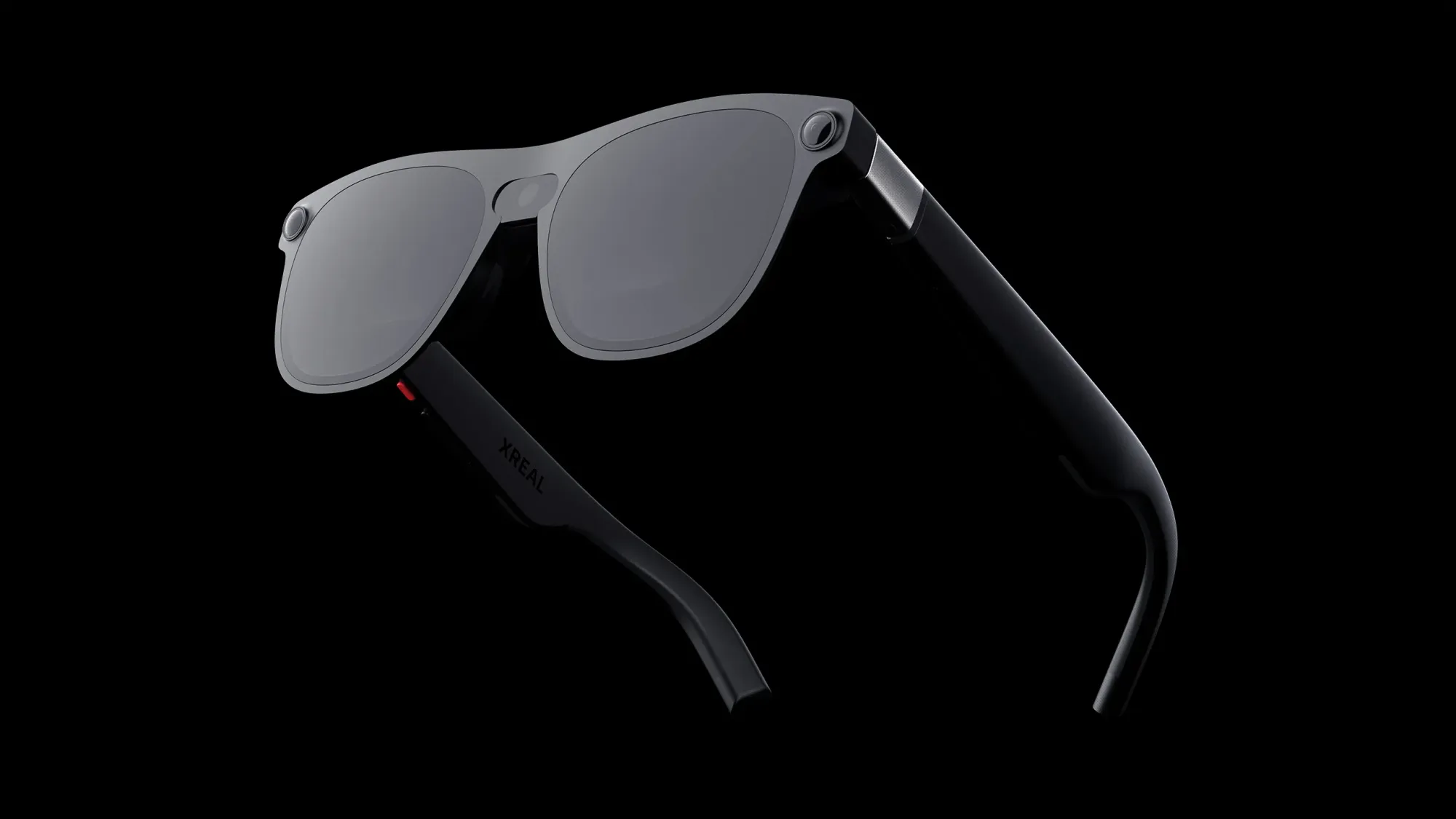
Plus, they aren't going in alone this time. Samsung's leaked AR headset is set to come out later this year called Project Moohan, and XREAL, makers of the XREAL Air AR glasses, have just announced an Android XR pair of glasses also set to come out in 2025, called Project Aura. Google also teased their own glasses at this event.
Google has grown a lot from a small company trying to make the next big phone operating system to a tech giant who sits on the top of smartphone OS market share. At the bottom of their page describing what they intend to do with Android XR, there is a section asking developers to write apps for this new experience. I think that a lot of developers will want to write their apps for it and it won’t be nearly as bad as Google’s other failings. Let’s just hope they don’t kill it off like they have before.
1 Android XR is not coming to these headsets.

